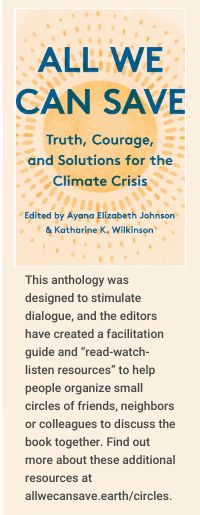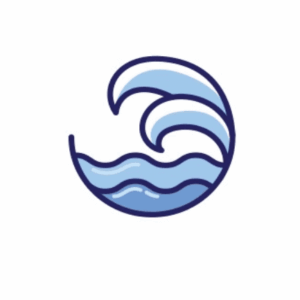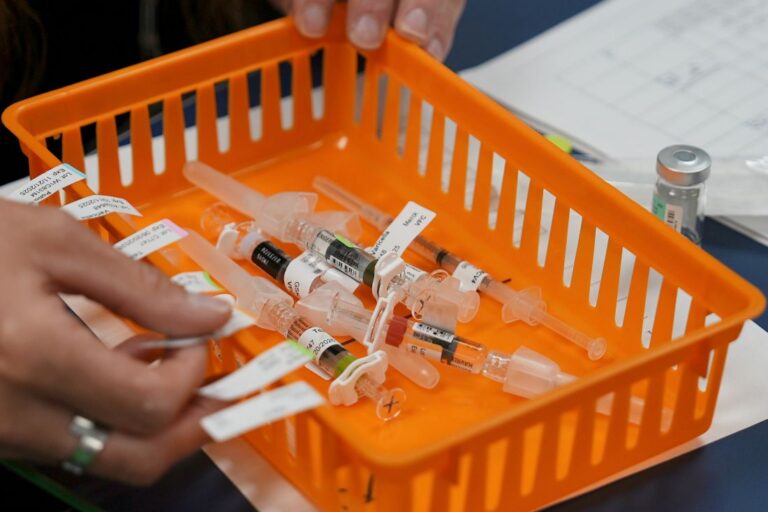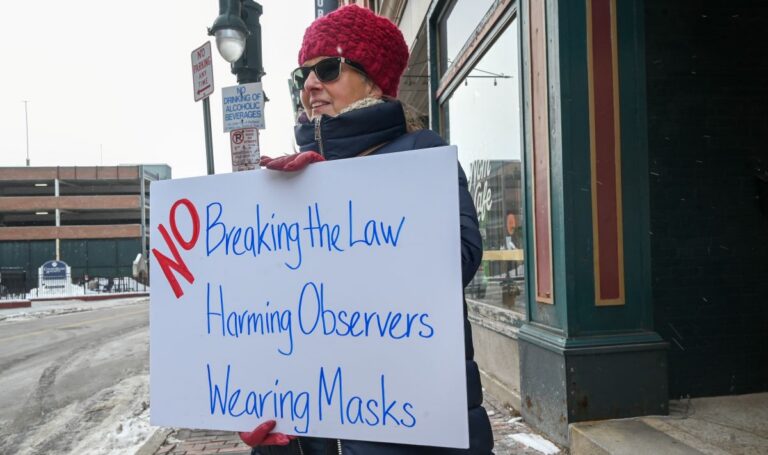I can’t recall reading a book I so wanted to recommend to others as the new climate anthology, edited by Ayana Elizabeth Johnson and Katharine K. Wilkinson, “All We Can Save: Truth, Courage and Solutions for the Climate Crisis.”
For everyone concerned about environmental unraveling and the stress fractures appearing in American democracy, this inspiring collection of women’s perspectives should be essential reading.
Its blend of diverse voices holds a synergistic power, due in part to what the editors call the work’s “choral nature.” Reading one of its essays or poems in a journal might prompt a moment’s reflection – soon diluted in the daily flood of news and commentary. Sixty contributions artfully woven together into nearly 400 pages create a markedly different experience, more like a concert so poignant and resonant that you walk away transformed.
Channeling ‘ferocious love’ into action
The women who contributed to “All We Can Save” clearly engage head and heart in their climate work. “We see women and girls bringing their whole selves to this movement,” Johnson and Wilkinson write, “fear, grief, fiery courage, wracking uncertainty, all of it – and doing the inner work that often precedes effecting change.”
Having long chafed at the unspoken strictures against environmental professionals voicing moral or spiritual concerns, I especially valued the candor and passion of the diverse contributors — community and tribal leaders, scientists, policy experts, poets, journalists, lawyers, farmers, designers and even a professional model. They all display, in the editors’ words, a “ferocious love — for one another, for Earth, for all beings, for justice, for a life-giving future.”

Justice demands unprecedented societal reforms. “Climate change is the most horrible symptom of an economic system that has been built for a few to extract every precious ounce of value out of this planet and its people,” writes attorney Colette Pichon Battle. The resulting environmental destruction and pollution, adds Rhiana Gunn-Wright, a policy expert who helped shape the Green New Deal, are “entangled with other crises,” such as declines in life expectancy, the greatest income inequality in nearly a century, and large gaps in racial wealth and gender earnings.
These inequities could intensify as we face a costly cascade of record-setting floods, wildfires and hurricanes, alongside sea-level rise – all fueled by the warming climate.
“We are on an edge,” ecologist Janisse Ray writes, “ — lots of edges, in fact.” Our precarious state, she adds, forces our psyches to the edge, needing to choose between “selling out and fighting back.”
The book’s contributors opt to fight, resisting the defensive fatalism of what writer Mary Annaïse Heglar calls “de-nihilists” – those who steep themselves in worst-case scenarios, convinced that “they know how this unwritten story ends.” But we are still writing the next chapter of human history daily: Despair, writes activist Emily Johnston, “is devastatingly near-sighted.”
Climate action offers our best hope to reduce future upheaval and prepare for disasters while allowing us “to live better in the meantime,” writes Christine Nieves Rodriguez, a cofounder of Emerge Puerto Rico. Communities there, as they slowly recover from the devastation wrought by Hurricane Maria in 2017, are inventing new models for localized sustainability and resilience.
Those small successes can help us stay motivated. “We can learn the difference between hopelessness and helplessness,” Heglar writes. “Because what if we’ve been doing the equation backward? What if hope isn’t what leads to action? What if courage leads to action and hope is what comes next?”
‘More democracy is the answer’
A common refrain in “All We Can Save” is that individual action – while necessary – is not sufficient. In the editors’ words, “building community is a requisite foundation for building a better world.”
“The work of our time is to reweave the fabric of our democracy even as the broken systems seem overwhelming,” writes scholar and former state legislator Kate Knuth.
Restoring democracy requires a dramatic turn toward “regenerative, cooperative systems that uplift all rights for all people, provide sovereignty, wealth and asset building, and local control for our communities while nurturing and preserving the environment upon which we all rely,” writes Jacqui Patterson, senior director of the NAACP Environmental and Climate Justice Program.
Participatory democracy is essential to that process of local self-determination, writes professor Leah Cardamore Stokes, noting how fossil fuel companies and utilities often wield undue political power, limiting the choices individuals can make. If you want to drive less in rural Maine, for example, few if any public transit options exist. If you seek in your electric utility billing accountability, fair treatment in the bitter depths of a pandemic winter or a strong commitment to locally sourced renewable power, you may be out of luck.
“When we start to see the choices that are not available, we can begin to see the role of political power in our daily lives. Who decides what options are available for us to choose in the first place?” Stokes asks. Once we see “that our energy problems are institutional, political and coordinated,” she adds, “we can also see that climate action must take the same form.”
Government won’t find a “pathway to address climate change without a broad and demanding push from the people,” writes Gina McCarthy, who formerly ran the U.S. Environmental Protection Agency and the nonprofit Natural Resources Defense Council. Later this month she will begin work as the first “National Climate Advisor,” directing the newly created White House Office of Domestic Climate Policy for the Biden-Harris administration.
McCarthy’s words echo a refrain heard throughout “All We Can Save”:
Refuse to sit quietly on issues that impact your world, and be unafraid to lend your voice and share your knowledge when solutions are being debated and decisions are made. Don’t let all your energy bounce around on Twitter or Instagram – take it outside, into your community, and let it loose.







